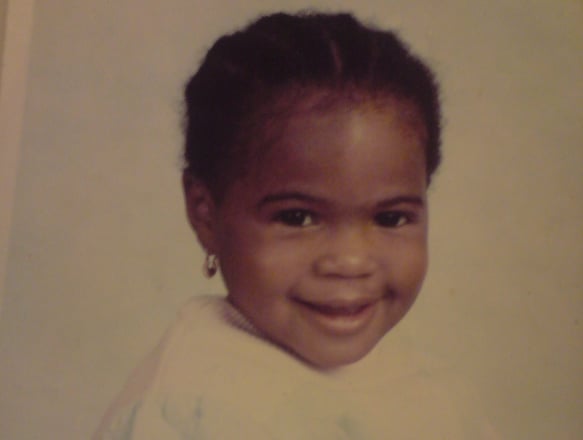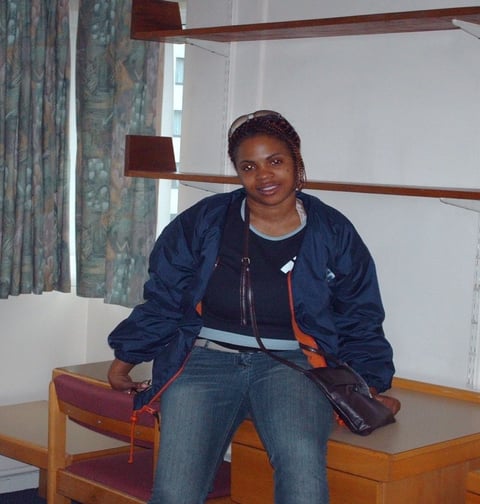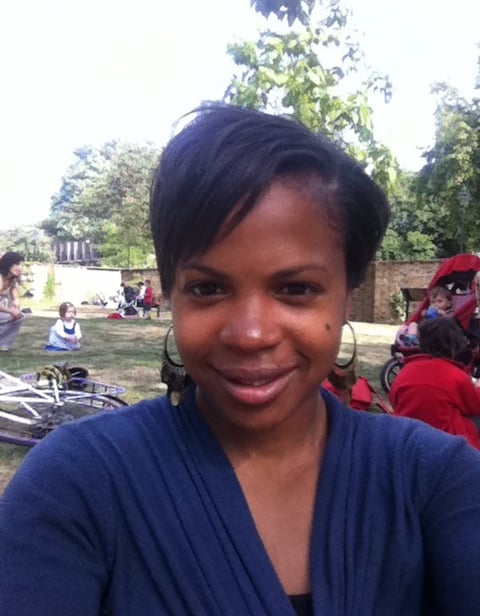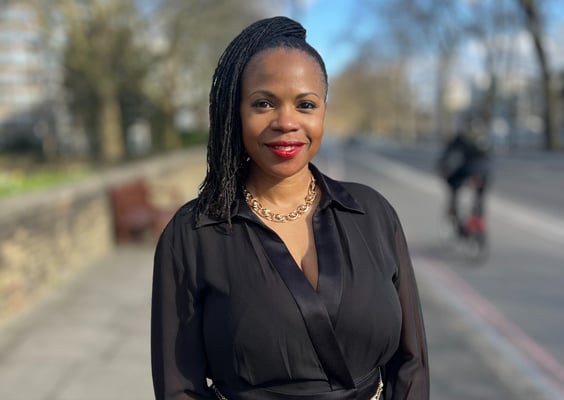My Story
I grew up with a constant, gnawing sense that something was deeply wrong. A low-level but ever-present feeling that I was not welcome, not wanted, and not liked. Even in my earliest memories, I longed to belong, to feel like I mattered. No one ever openly said that I didn't, but I saw it in their faces, their tone, and their actions. I felt barely tolerated by those closest to me, so I blamed myself, assuming I must be the problem. I concluded that I must not be a very nice person, that others saw something in me that wasn’t to be trusted and so I learned to keep myself at a distance.
I was always on high alert, even around friends, searching for non-verbal clues to decipher their true feelings about me like I was so used to doing as a child. I wore a mask, adapting to a persona that I thought would make me more acceptable. If I’m honest, I didn’t know who I really was. I had always played a role—the version of me that I hoped would cause less offence. I learned very early to stop asking for help, to figure things out on my own. I constantly policed myself: Don’t be too much. Don’t say too much. Don’t ask for too much. Don’t take up space. Don’t be a burden. It wasn’t until my early 30s that I realised how deeply these beliefs had shaped my life.
Determined to succeed against the odds
Despite my home life, I loved school and excelled. Teachers praised me often for being bright, but no one at home seemed to share this opinion; the indifference, the expressionless faces, the 'Meh' never changed. On my 18th birthday, my life became even more unstable. I was told to leave the family house, finding myself homeless during my second year of A-Levels. I was referred to a grim homeless shelter where violence and chaos were common. However, my grades actually improved during that time because I knew education was my way out. After three months, I was given an ultimatum: quit my studies in order to receive benefits to pay for my accommodation or leave the shelter. I chose to leave. That was when I first realised how determined I was to succeed - NO MATTER WHAT.
I eventually made it to university and graduated with a 2:1 - BSc (hons) in Psychology; I wanted to understand not only my own brain but how what we learn as children shapes the adults that we will become - however without the security of my student loan I was homeless again—moving between friends' sofas, homeless shelters, and finally ending up in an emotionally and physically abusive relationship that I had no defences to escape from. I had been accepted for a three-month exchange programme in Malawi, a dream opportunity. But someone close to me snapped, Who do you think you are to go travelling? Their words cut deep, reinforcing my belief that I didn’t have the support to branch out and explore a new way of life. A housing opportunity arose, offering the me much-needed stability that I craved by this point, so I turned down the trip to visit Africa.
Some time later, I finally escaped the toxic relationship but only with the help of a restraining order. For the next five years, I built a small business providing ad-hoc childcare solutions to countless families. I’m not surprised I had turned to this type of work. Nannying was an extension of my Psychology degree. I studied the families I supported, observing what a loving home looked like, taking notes of what my own childhood had lacked; trying to heal by osmosis. If only it was that easy; my healing only began once I had the courage to look inwards.While I had been told about Buddhism three years previously, it was during this time that I made a commitment to practicing and studying it daily. Chanting nam myoho renge kyo cleansed my thoughts of negativity and helped me to focus on making good causes in each moment. Buddhism states that 'those who have suffered the most deserve to be the happiest.' This gave me hope for my future though incredulously, I was so oblivious to the fact that I should be cared for and treated well that I still couldn't be sure that I had ever suffered.
Healing is possible. I am proof of that. And now, I help others reclaim their worth, step into their power, and finally take up the space they deserve.
A pattern of self-sabotage
The first major shift came when I returned from my trip determined to understand why I had not been able to enjoy it fully. I had completed my life long dream yet I had constant fear, anxiety and found myself isolated unable to fully participate in my trip. It was like I was there but not there. During my search I discovered the term emotional neglect. It explained everything. I wasn’t broken—I had simply never been taught that my needs mattered. I sought therapy which helped me understand boundaries, something I had never practiced. I began to understand how my upbringing had conditioned me to suppress my needs convinced no one would care. I had never learned to set boundaries. My survival had depended on making myself small, invisible, barely there.
The biggest breakthrough came when I invested in a mindset coach who helped me unravel the deeply ingrained beliefs that had been running my life. I recognised my pattern: I was constantly shrinking myself, afraid to believe I was worthy of more. I finally understood that the voice in my head—telling me I couldn’t, shouldn’t, mustn’t—wasn’t mine. It was inherited. And I could let it go. Week by week, I let go of the patterns that kept me small. I learned to set boundaries, communicate my needs, and release relationships that couldn’t or wouldn’t respect my needs.
My lived experience, more than my Psychology degree or coaching accreditation, makes me uniquely qualified to help others break free from childhood trauma. I understand self-sabotage because I’ve lived it. I see through the limiting beliefs that keep people stuck because I’ve dismantled them myself. What I once interpreted as being unlovable was, in reality, a deep sensitivity that others didn’t know how to handle. I forgive those who couldn’t love me properly because, despite everything, my journey led me to self-belief and becoming a coach.
I still lean towards self sabotage on rare occasions but I am able to recognise when I’m doing it now. I participate in life. I show up as my authentic self. I am able to accept myself flaws and all. But mostly I see my light. I understand that what I interpreted as being unloveable was actually those from my early years not knowing how respond to a person filled with light. I forgive them because while it has been a life filled with adversity ultimately it lead me to an unshakeable belief in myself. I would go through it all again and worse knowing it leads to the self-belief I have now.
Being willing to look within
Overcoming adversity is my greatest asset










Approaching my 30th birthday, I set a goal to go travelling. I saved aggressively, yet a part of me felt uneasy about the idea of having ‘too much’ money. Subconsciously, I began to sabotage myself. I left my stable low rent home in favour of a series of high cost temporary abodes, took a lower-paying job, and paid a large unexpected income tax bill. Within months, my savings were nearly gone. Determined not to abandon my dream I bought my return flights with the money I had left. I boarded my flight to Brazil with barely enough to get by for a few days, carrying the same survival mindset that had defined my life. Instead of adventure, I found myself trapped in scarcity, recreating my childhood struggle on foreign soil.
